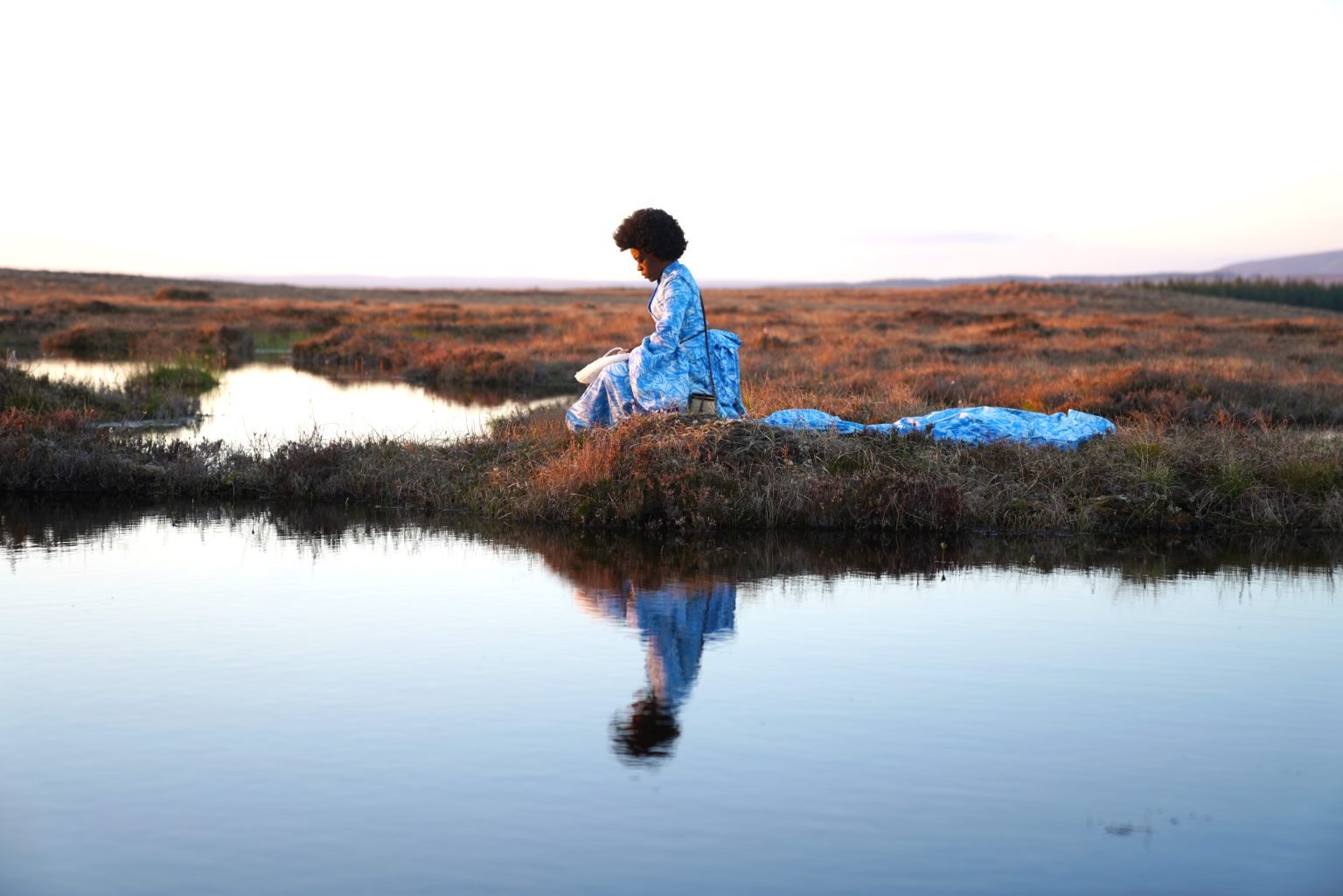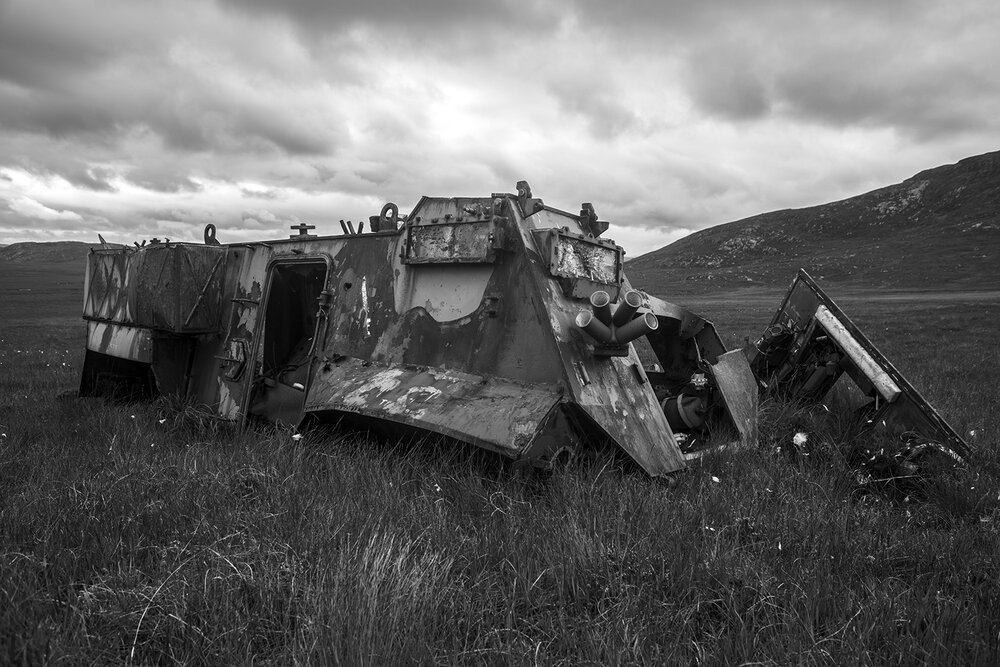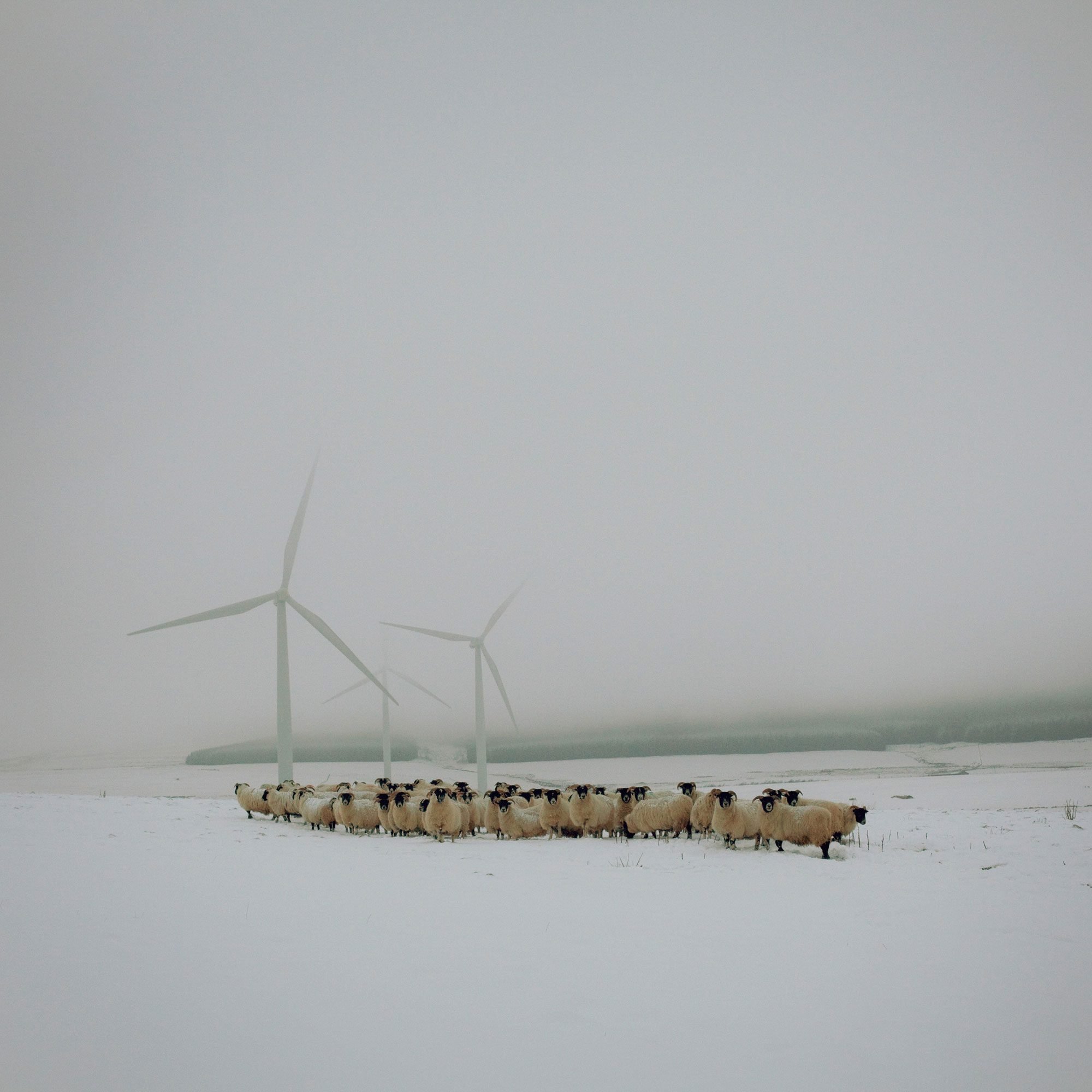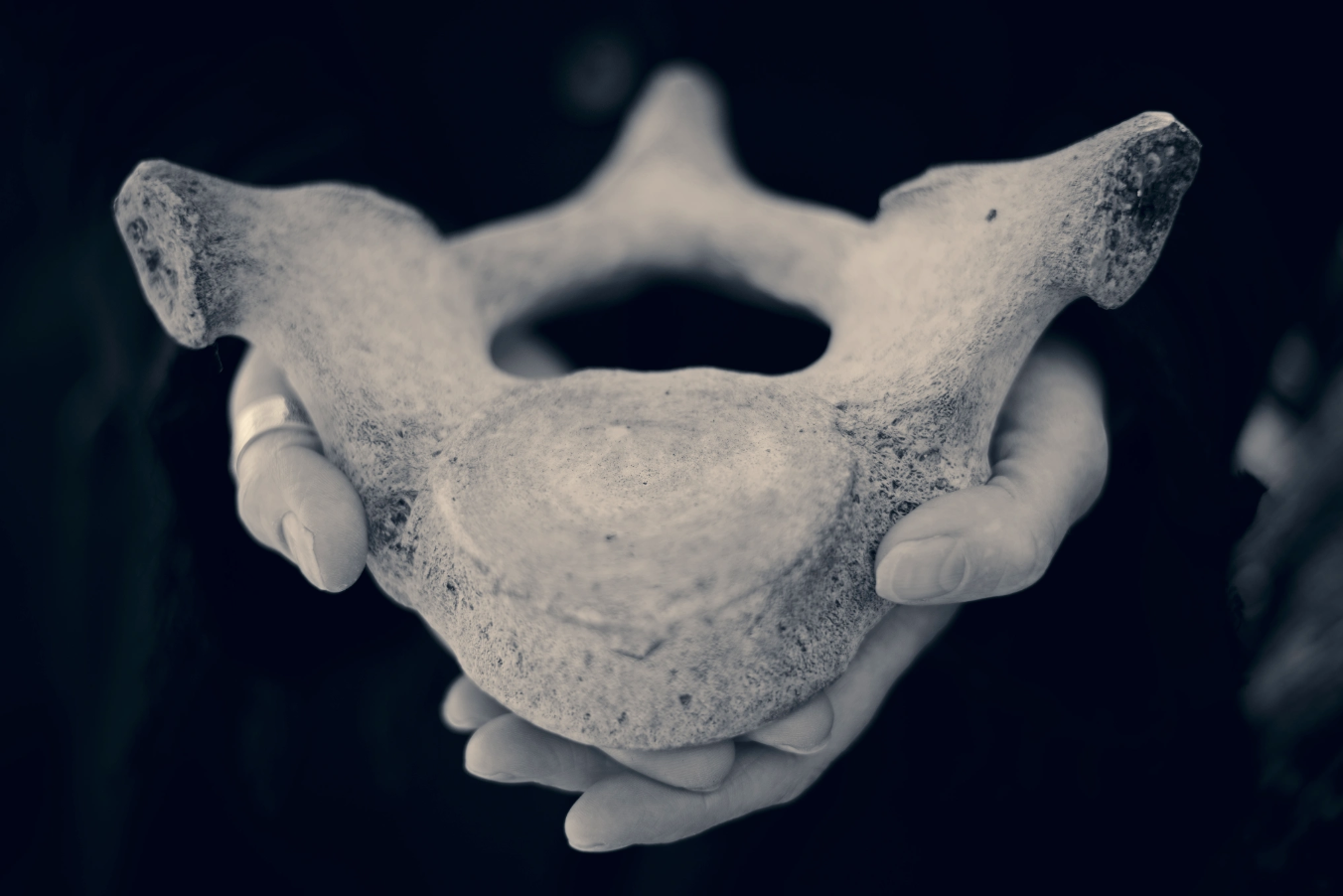
SEKAI MACHACHE &
CHRIS MARSHALL
ABOUT THE TALK
We were delighted to host the artist Sekai Machache and peatland-scientist Christopher Marshall in our second event, which is dedicated to the Flow Country in the North of Scotland in Sutherland. Though coming from different fields, Sekai and Chris have both found ways of experiencing and connecting with the Flow Country – the world’s largest blanket bog. In recent years, environmental discourse has moved increasingly towards highlighting the benefits of healthy wetlands, often previously considered to be unproductive wastelands. However, their now widely promoted role as so-called “carbon sinks” has started to transform mainstream opinions. Fundamentally though, our mindset hasn’t changed; we value and preserve what we can use. And now, bogs seem to be useful. In her previous talk, Sekai Machache addressed that efficacy-oriented mindset, urging us to reframe our relationship to “nature” to be less use-oriented and more balanced.
In recent years Sekai has developed bodies of work that she calls ‘Immersive Projects’ this includes The Divine Sky. The Divine Sky utilises allegory and performance to tell a complicated history through poesis, immersive storytelling and photography, in combination with painting and textiles. Through ritualistic practice, the artist draws attention to exploring relationships based on mutual exchange and asks what we can do for nature, rather than the other way around. It ties in with the concept of “bog breathing” with which the scientist Christopher Marshall aims to measure the bog’s movement and health. Moreover, as he spends much time on-site, he has an intricate understanding of the Flow Country, fuelled by his knowledge, research, and personal experience.
Together, they explored themes of healing, care, and ritualistic practices, as well as their physical experience of themselves and their bodies within the bogs, whose soil stores carbon. The concept of energy was explored particularly in the context of wetlands and their soil, as a site in which both the past, present and future collide, as they store carbon and directly impact our future while containing traces of past centuries.
Chris also represented The Environmental Research Institute which is part of the North Highland College UHI and comprises a team of young researchers dedicated to innovative environmental science. Being based in close proximity to the Pentland Firth and the Flow Country, the ERI seeks to address emerging issues related to improving our understanding of the natural environment, while also contributing to excellence in research in the region.



